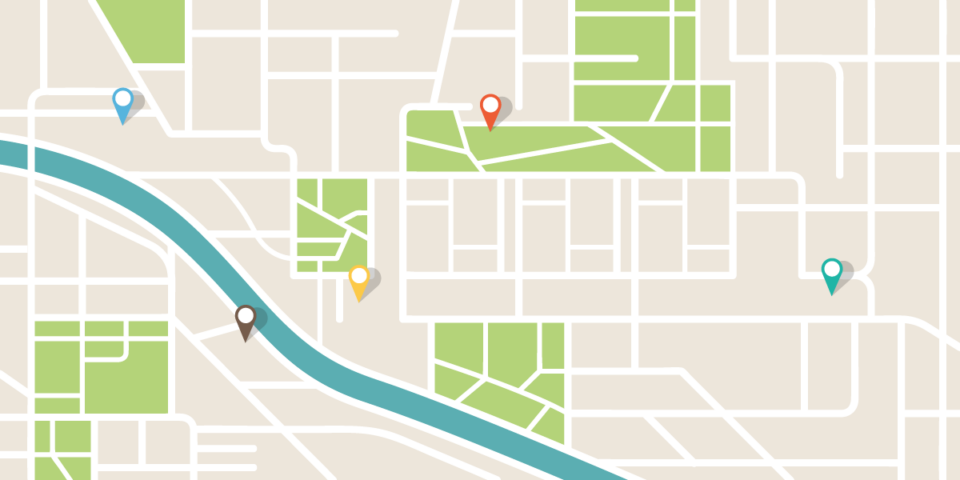Location is everything when it comes to franchising. It can determine the amount of traffic a franchise gets, and the quality of that traffic. Knowing your customer and making sure you’re in the right area to capture them makes you more accessible, so there’s a greater chance those customers will visit you. Examining the demographics of the area surrounding your location will help you determine the likelihood of capturing your desired customer base.
For example, if you are situated on the corner of a main street with a storefront facing both sides of the intersection, you have high visibility. If 30,000 cars pass by your location daily and 20 per cent of the surrounding area is your target client, then you have access to 6,000 potential customers per day. If you have nine competitors within a one-kilometre range of your location, then you are sharing those 6,000 potential customers with nine competitors, and you will be the tenth. This could mean that you would have access to 600 potential customers daily and fight over the remaining 5,400 with your competitors.
While this is a crude example, these concepts are foundational to the real factors that would impact a site selection. Real estate professionals and demographers would use additional factors, like market capture rates, loyalty, and other factors to determine the likelihood of the brand’s success at the given location.
Territory rights
Sometimes franchisors can assign territories in protected areas. The territorial boundaries are defined in the franchise agreement and will often state that no other franchise or corporate location under the same brand can be opened within the territory, as long as the franchisee is in good standing under the franchise agreement.
Protected areas may be defined by distance, radius, postal codes, municipalities, or cities.
Protected areas can be beneficial as they protect the franchisee from fellow franchisees “cannibalizing” the market or competing by selling in the same community.

